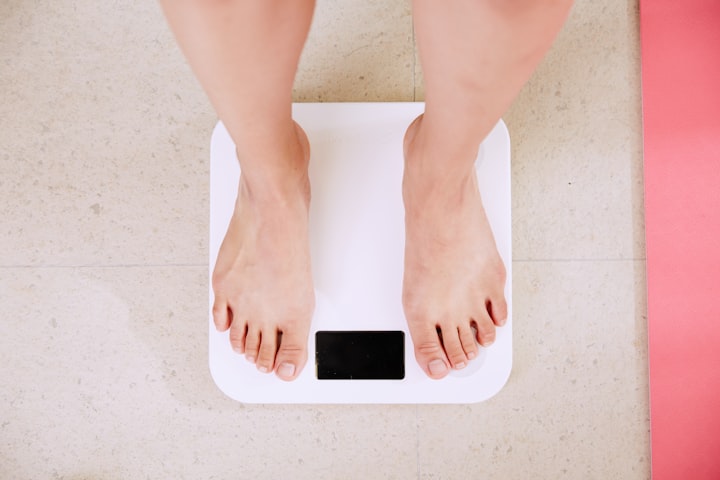Unlocking the Keys: Can You Really Teach Yourself Piano?
Are you someone who has always been fascinated by the beautiful melodies produced by a piano but never got around to learning it? Or, have you tried to learn piano but found it too daunting and gave up too soon? Whatever the case may be, the good news is that you can still learn how to play the piano at your own pace and in the comfort of your own home.

Benefits of Learning Piano
Learning to play the piano can be one of the most rewarding experiences of your life. Not only will you be able to impress your friends and family with your newfound talent, but you will also enjoy many benefits that come with playing an instrument. For instance, playing the piano can help improve your memory, concentration, and overall cognitive function. It can also be a great stress reliever and a way to express your creativity.
Basic Knowledge You Need to Start Playing
First, you need to understand how the piano works. The piano is a keyboard instrument that produces sound by striking strings with hammers. When you press a key, a hammer inside the piano strikes a string, which produces a sound. The pitch of the sound is determined by the length and thickness of the string.
Click here on how to play a PIANO!!
Next, you need to know the names of the keys on the piano. There are 88 keys on a standard piano, 52 of which are white and 36 of which are black. The white keys are named after the first seven letters of the alphabet: A, B, C, D, E, F, and G. The black keys are named after the white keys they are located between, such as C# (C sharp) and Eb (E flat).
Once you have a basic understanding of how the piano works and the names of the keys, you can start practicing and playing simple tunes.
Tips for Teaching Yourself Piano
Click here on how to play a PIANO!!
Teaching yourself how to play the piano can be a challenging but rewarding experience. Here are some tips to help you get started:
1. Set realistic goals
2. Start with simple songs
3. Practice regularly
4. Use online resources
5. Record yourself
How to Choose the Right Piano for Your Needs
Click here on how to play a PIANO!!
When it comes to choosing a piano, there are several factors to consider. First, you need to decide whether you want an acoustic or digital piano. Acoustic pianos are traditional pianos that use hammers and strings to produce sound. Digital pianos, on the other hand, use electronic technology to produce sound.
If you have limited space, a digital piano may be a better option since it is smaller and more portable than an acoustic piano. Digital pianos also offer features such as volume control, headphone jacks, and the ability to record and playback your playing.
If you are serious about playing the piano and have the space and budget for it, an acoustic piano may be a better option. Acoustic pianos offer a rich, warm sound that cannot be replicated by digital pianos. They also have a more tactile feel that can help you develop better technique and expression.
Essential Piano Playing Techniques
Click here on how to play a PIANO!!
To play the piano well, you need to master certain techniques. Here are some essential techniques to focus on:
1. Hand position: Your hand position is crucial to playing the piano well. Your fingers should be curved and your wrists should be level with the keys.
2. Posture: Good posture is essential for playing the piano. Sit up straight with your feet flat on the floor and your arms and shoulders relaxed.
3. Finger independence: To play smoothly and accurately, you need to develop finger independence. This means being able to move each finger independently of the others.
4. Dynamics: Dynamics refer to the loudness or softness of a note. To play expressively, you need to be able to control the dynamics of each note.
5. Sight-reading: Sight-reading is the ability to read and play music at the same time. This is a crucial skill for any pianist.
Resources for Learning Piano Online
Click here on how to play a PIANO!!
There are many resources available online that can help you learn how to play the piano. Here are some of the best:
1. YouTube
2. Piano apps
3. Online courses
4. Online communities
Click here on how to play a PIANO!!
Common Mistakes to Avoid When Learning Piano
Learning to play the piano can be challenging, but there are some common mistakes you can avoid to make the process easier. Here are some of the most common mistakes:
1. Skipping basics
2. Practicing too much
3. Not using a metronome
4. Not listening to yourself
5. Comparing yourself to others
How to Stay Motivated While Learning Piano
Learning to play the piano can be a long and sometimes frustrating process. Here are some tips to help you stay motivated:
1. Focus on progress
2. Set achievable goals
3. Mix it up
4. Take breaks
5. Practice with others
Conclusion
Teaching yourself how to play the piano can be a challenging but rewarding experience. With the right resources and dedication, you can unlock the keys to the piano and play your favorite tunes in no time. Remember to start with the basics, practice regularly, and stay motivated. Whether you choose an acoustic or digital piano, the most important thing is to enjoy the process and have fun!





Comments
There are no comments for this story
Be the first to respond and start the conversation.